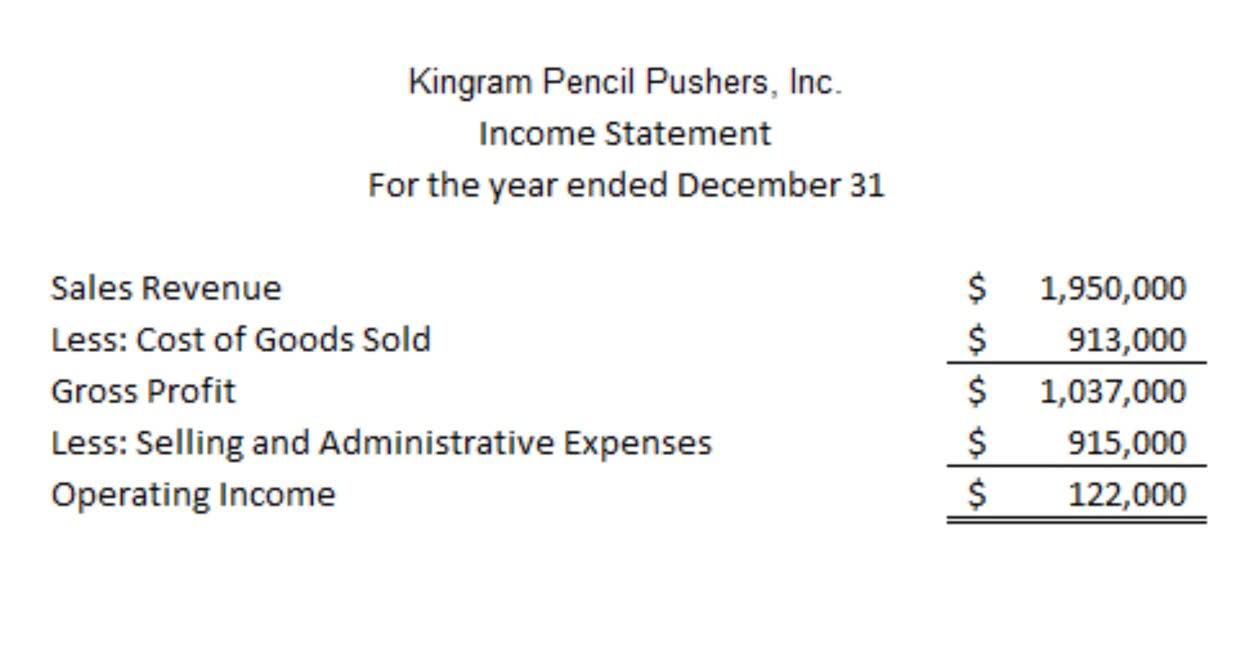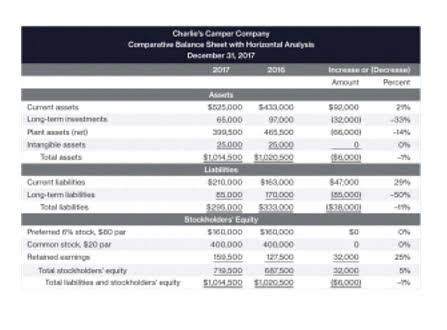
In proportion to the growth of business, volumes of transactions are raised. It’s more valuable in the startup phases because it establishes and Accounting for Churches ensures that financial systems and accounts are maintained with complete and accurate records from the onset. This link underscores the need to invest in good bookkeeping services as a precursor to attaining financial clarity.
Roles During Tax Time
Outside of work, he enjoys hiking, camping with his family, and engaging with his church community at Union Hill Church. Additionally, Greg is an avid fan of Atlanta sports and enjoys playing video games with his daughters. Relying solely on manual processes can be faulty, so implementing tools like Expensify to help categorize expenses, maintain meticulous records, and prevent discrepancies can also be beneficial. Accountants typically earn a bachelor’s degree from an accredited college or university, but their qualifications vary by experience, licenses and certifications. For instance, in a retail business, a bookkeeper would record each sale, every inventory purchase, and all operational expenses like rent and utilities.
Bookkeepers Don’t Require A Degree
A bookkeeper’s primary responsibility is to maintain accurate and up-to-date books. They record daily transactions, reconcile bank statements, and ensure that all financial records are organized and easily accessible. For small businesses or individuals, bookkeeping might be sufficient to manage day-to-day financial activities. As businesses grow or face more complex financial situations, the need for accounting becomes crucial for strategic planning and compliance.
Differences between bookkeeping and accounting
- Accounting is the interpretation and presentation of that financial data, including aspects such as tax returns, auditing and analyzing performance.
- One of the most attractive aspects of bookkeeping and accounting careers is that companies in almost every industry rely on specialists in these fields.
- This information helps business owners make informed decisions about their company’s future.
- As discussed above, the main objectives of accounting and bookkeeping are similar but still different in many ways.
- In addition to working for corporations or businesses, accountants often find employment with financial firms, insurance agencies, auditing companies and government entities.
- Our team of skilled tax and accounting professionals is prepared to assist you with your business objectives, whether it’s a brief meeting, consultation, or in-depth audit.
His academic and professional background includes experience in marketing, content development, script writing and SEO. Today, he works as a multimedia specialist at University of Phoenix where he covers a variety of topics ranging from healthcare to IT. In addition to working for corporations or businesses, accountants often find employment with financial firms, insurance agencies, auditing companies and government entities. Key reasons why outsource financial services to these small businesses are because many of them do enjoy important benefits.

Here, we go over the distinct functions of accounting and bookkeeping, highlighting the unique roles each can play within your business. Accounting, on the other hand, takes the information compiled by bookkeepers and uses it to paint a broader financial picture of the business. It involves analyzing, interpreting, classifying, reporting, and summarizing financial data. If your business has complex tax needs or you’re unsure about tax regulations, hiring an recording transactions accountant can ensure compliance and help with tax planning, potentially saving you money in the long run. If you already use specific tools to manage your books, you’ll want to discuss those tools with any bookkeepers or accountants you consider working with to ensure they’re familiar with them. Imagine the bookkeeper as the data collector, meticulously recording every financial transaction.
Responsibilities of accountants

This individual usually holds an accounting degree and is registered as a certified public accountant (CPA). To use that title, CPAs must pass the CPA exam—which is a highly valued credential in the accounting industry. A bookkeeper keeps track of day-to-day business finances, like recording transactions and managing general ledgers. Good bookkeepers are organized, skilled with numbers, and natural problem-solvers. Below, we’ll take a closer look at bookkeeping vs accounting, their key differences, and how working with bookkeepers and accounts can benefit your small business.

Tips for finding a financial professional

Accounting is the interpretation and presentation of that financial data, including aspects such as tax returns, auditing and analyzing performance. Accountants advise leadership on how to make more strategic financial changes that save the company money or generate more profit. For some of the businesses that they do, accountants also need to be registered certified public accountants (CPAs).
- An accountant for a retail chain might analyze the profitability of different store locations, recommending the closure of underperforming stores and expansion in high-potential areas.
- Growth for accountants and auditors is expected to continue for the next several years.
- Management teams rely on them to make strategic decisions about resource allocation and budgeting.
- To become an EA, they have to pass a 3-part comprehensive exam covering individual and business tax returns or have experience working for the IRS.
- If you’re in search of a bookkeeping job, apply online or join our Talent Community and stay up to date on future job opportunities.
- An accountant, equipped with specialized skills, can prepare detailed financial documents tailored to woo potential investors.
- It provides valuable resources, insights, and opportunities to help people achieve their career goals and business ambitions.
- Every business needs to have a bookkeeping and accounting process to prepare the financial records at the end of a year/quarter.
- Bookkeeping is a great starting point if you are interested in the field but not fully committed and want to test the waters.
- They can handle day-to-day financial tasks, allowing you to sit back and focus on core business activities.
- Accountants generally hold at least a bachelor’s degree in accounting or a related field.
For example, many small businesses now seek accounting versus bookkeeping a single professional who can handle both day-to-day bookkeeping and provide higher-level financial analysis. Bookkeepers focus on accurately recording and categorizing all financial transactions from the year—such as sales, expenses, payroll, and other daily entries. Their primary job is to organize and maintain financial records, ensuring that the data is complete and up-to-date.


